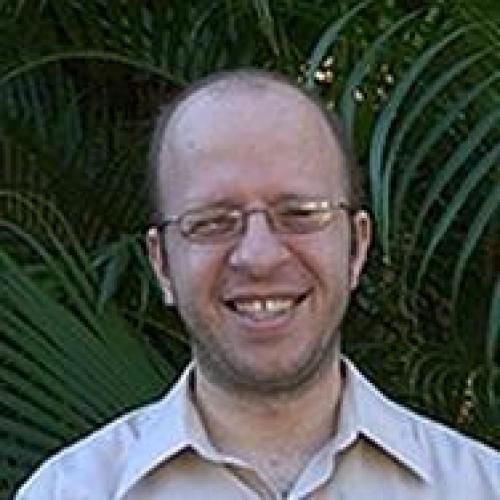
Cortical activity differs during nicotine deprivation versus satiation in heavy smokers.
RATIONALE: Research suggests that nicotine deprivation among smokers is associated with lesser resting cortical activity (i.e., greater power density in theta and alpha-1 EEG bands and lesser power in beta bands). These changes in cortical activity may be indicative of withdrawal-related cognitive deficits, yet the markers of differences in cortical activity are not well-established. OBJECTIVE: The objective of the study was to clarify the EEG frequency bands affected by nicotine deprivation and assess prospective moderators. METHOD: One hundred twenty-four heavy smokers visited the laboratory on two occasions following overnight smoking/nicotine deprivation. Prior to collecting 3 min of resting EEG data, participants smoked two very low nicotine cigarettes (<0.05 mg nicotine yield) at one session and two moderate nicotine cigarettes (0.60 mg nicotine yield) at the other. RESULTS: Theta and alpha-1 band (4-7 and 8-10 Hz) was greater in the very low nicotine (deprivation) relative to higher nicotine (satiation) condition. There were no condition differences in the beta-1 and beta-2 bands (14-20 and 21-30 Hz). CONCLUSIONS: Greater slow wave resting EEG may serve as a reliable marker of decreased cortical activity during smoking deprivation and, in turn, of withdrawal-related deficits in cognitive functioning. This research may inform the development of adjunct strategies for smoking cessation.
Duke Scholars
Altmetric Attention Stats
Dimensions Citation Stats
Published In
DOI
EISSN
Publication Date
Volume
Issue
Start / End Page
Location
Related Subject Headings
- Young Adult
- Tobacco Use Disorder
- Theta Rhythm
- Substance Withdrawal Syndrome
- Smoking Cessation
- Smoking
- Psychiatry
- Nicotine
- Middle Aged
- Male
Citation

Published In
DOI
EISSN
Publication Date
Volume
Issue
Start / End Page
Location
Related Subject Headings
- Young Adult
- Tobacco Use Disorder
- Theta Rhythm
- Substance Withdrawal Syndrome
- Smoking Cessation
- Smoking
- Psychiatry
- Nicotine
- Middle Aged
- Male

